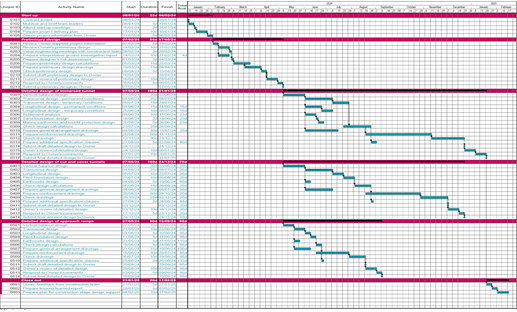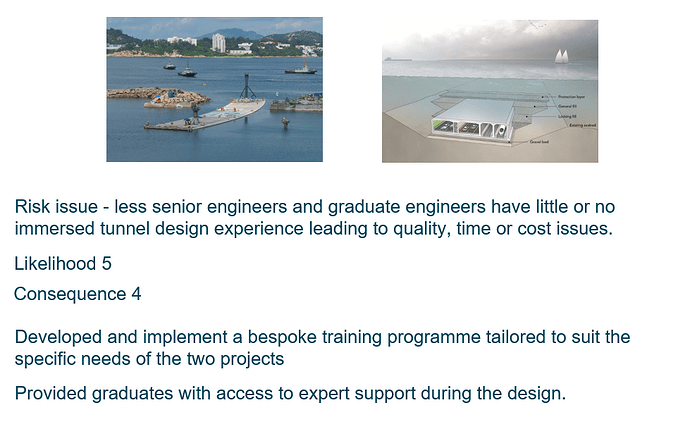Project Management in Civil Engineering is a critical and dynamic field that combines the technical complexities of civil engineering with the strategic oversight of project management. This discipline involves the planning, execution, and oversight of construction projects, ranging from buildings and bridges to roads and dams. Effective project management in this field is crucial to ensure that these projects are completed on time, within budget, and to the required quality standards, all while managing the various risks and challenges inherent in construction work. Understanding these elements is vital for anyone looking to succeed in the civil engineering sector, where the ability to efficiently manage large-scale and often complex projects is key to both individual and organizational success.
- Project Team Structure
A project team structure refers to the organization and arrangement of a team assembled to work on a project. This structure defines the roles and responsibilities of team members, the hierarchy of reporting and communication, and the distribution of tasks among team members. The specific structure can vary depending on the project’s size, complexity, nature, and the organization’s overall management style.
Project Team Structure Example:
-
Project Team Role
Project team roles refer to the specific responsibilities and functions assigned to members within a project team including the project manager, team members, quality assurance team, and business analyst. These roles are crucial for the successful planning, execution, and completion of a project. Each role has distinct duties and responsibilities, contributing to the overall effectiveness and efficiency of the project. -
Work Breakdown Structure (WBS)
A Work Breakdown Structure (WBS) is a fundamental project management tool used to break down a project into smaller, more manageable components, or work packages. It is essentially a hierarchical decomposition of the total scope of work to be carried out by the project team to accomplish the project objectives and create the required deliverables.
The schedule or programme shows the timing of each activity and the logical links between activities:
-
Cost management
It refers to the process of planning, estimating, budgeting, financing, funding, managing, and controlling costs so that the project can be completed within the approved budget. It’s a crucial aspect of project management, as it directly impacts the financial viability and success of a project. Here is an example of cost management:
-
Risk Assessment
Risk assessment in project management is the process of identifying, analyzing, and evaluating risks that could potentially affect the success of a project. It is a critical component of risk management, aimed at understanding the nature of risks, their likelihood of occurring, and the impact they might have on project objectives.
Here is an example of risk management:
In conclusion, project management is a critical discipline that encompasses the planning, execution, monitoring, control, and closure of projects. It is essential for the successful delivery of projects across various industries, ensuring that objectives are met within the constraints of time, cost, quality, scope, and resources. Effective project management allows teams to achieve goals efficiently and effectively, contributing to the overall success and sustainability of organizations.
Some useful links:



